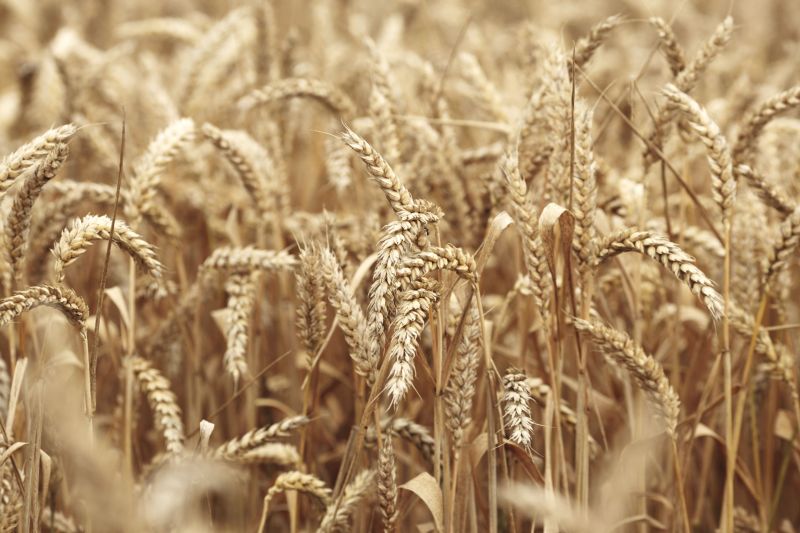Major sponsor joins global wheat innovation group

A major consortium of farmers and plant scientists looking to establish the scientific foundation to urgently drive innovation in wheat production has been given a substantial boost.
The demand for wheat is growing rapidly, while extreme weather volatility and climate change present new threats to global harvests.
The group, the International Wheat Genome Sequencing Consortium (IWGSC), is dedicated to the development of genomic resources for wheat scientists and breeders.
It aims to produce wheat varieties better adapted to environmental challenges, with higher yields, enhanced nutritional quality, and improved sustainability.
Sponsors are an essential part of the IWGSC. They participate in projects and, as members of the Coordinating Committee, they help shape priorities, strategic plans, and activities.
This week, German agri-chemical giant BASF joined the organisation as a sponsoring partner.
With its wheat seeds and traits research platform, the company is developing and commercialising next-generation wheat hybrids.
It says the wheat will bring 'significant yield benefits' for farmers globally and contribute to 'improving people's lives'.
John Jacobs, who is representing BASF at IWGSC, said: “This new technology will provide growers with a step-change in grain yield and robustness against environmental impacts which we plan to launch in the mid-next decade.
“The wheat reference genome developed under IWGSC leadership has been a cornerstone of our wheat gene discovery and we are convinced the next phase of the projects will be equally important in further advancing public and private wheat R&D.”
In August last year, scientists unveiled a detailed description of the genome of bread wheat published in the journal Science, a culmination of 13 years of international collaboration.
Since then, the group has moved into the next phase and has focused its efforts on characterising the breadth of worldwide wheat diversity by sequencing landraces and elite varieties.








